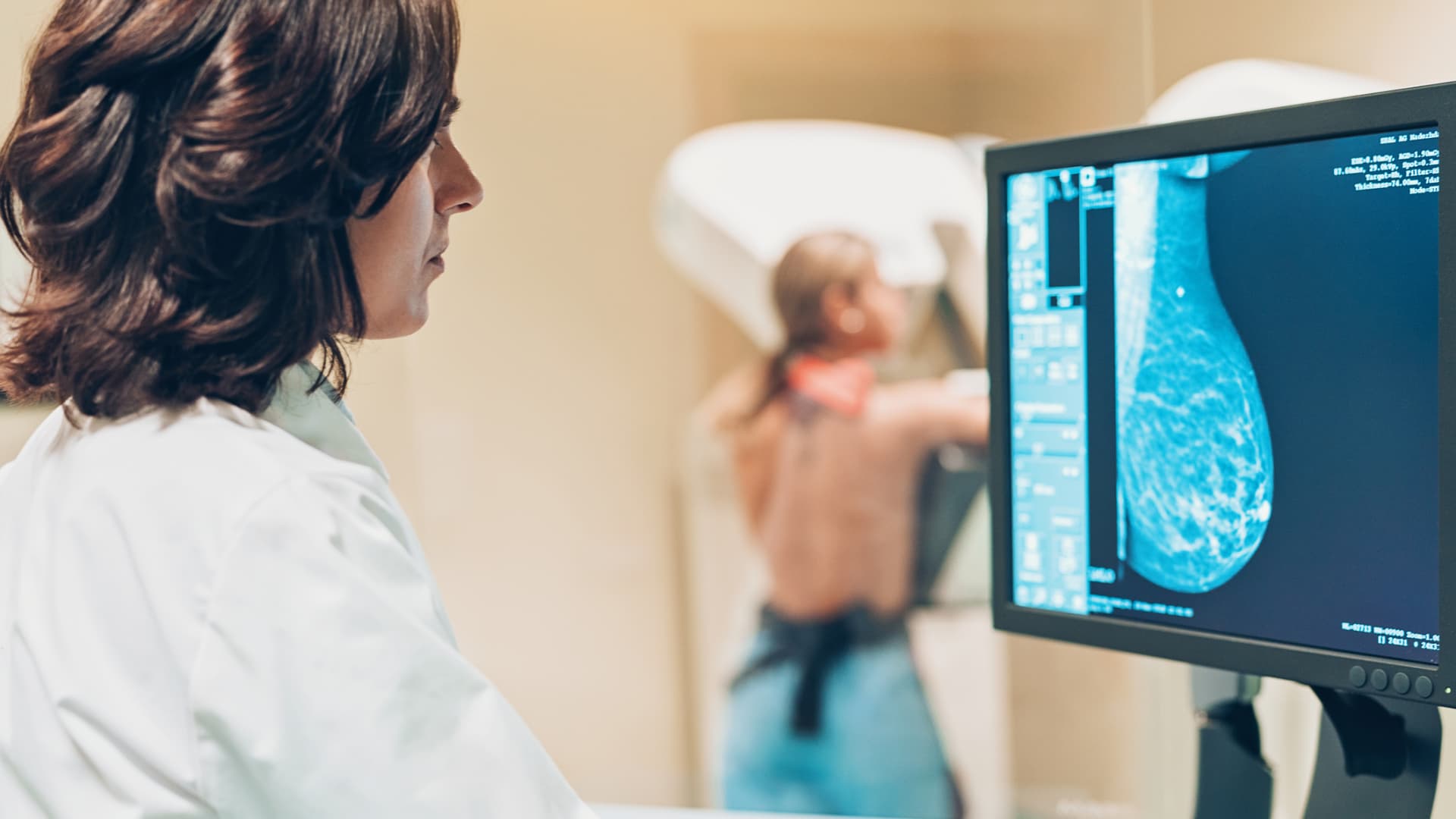Investors see growth opportunity in Femtech devoted to women’s health

To Dr. Connie Lehman, a breast cancer scan is like a fingerprint that provides clues for developing personalized medical care.
“There is so much information in every digital image of a woman’s breast tissue, and the deep learning technology can extract that and predict the future and in ways we haven’t been able to before” explained Dr. Lehman, the chief diagnostic radiologist and director of breast imaging at Boston’s Mass General Hospital.
Using artificial intelligence along with a breast scan, Dr. Lehman has developed a program to provide a more accurate assessment of a woman’s personal risk of developing breast cancer, beyond traditional biomarkers and risk assessment models which she says leave a lot of women out.
“All of our patients who identify as patients of color have really been left behind in this domain. The risk models that are being used in health care were built on European Caucasian women,” she said.
Her research quickly attracted investors, who approached her about launching her own company. Last year, she chose Texas-based Santé Ventures to help her launch Clairity and help find a CEO who shares her commitment to health equity.
“Women are a huge portion of the population and control a lot of (health care) spend,” said Clairity CEO Carrie Ivers, adding she was excited to sign on with a company devoted to women’s health. “It’s an underserved area that has a lot of room for expansion.”
Femtech investment growth
Early-stage investors have been among the biggest backers of health tech companies focused on women’s health conditions. Venture capital funding for so-called Femtech has tripled since 2015 from just over $600 million to nearly $1.9 billion last year, according to Pitchbook data.
Yet, analysts say overall investment in women’s health remains underfunded. Beyond breast cancer, female health conditions garnered just 1% of pharmaceutical research funding in 2020, according to a McKinsey report. Just 2% of medical tech funding was devoted to non-cancer related women’s conditions.
Last year saw two of the largest Femtech deals in maternity-oriented start-ups. In May, Modern Fertility was acquired Ro, which began as a male-focused digital health platform, in a deal reportedly valued at $225 million. In August, Maven Clinic, a virtual maternity and women’s health service firm, raised more than $100 million from investors including Oprah Winfrey in a deal that valued the company at more than $1 billion.
Femtech for driving health equity
Deena Shakir, a Maven investor who serves on the company’s board, says part of the expansion in Femtech funding is being driven by the growth in large employers adopting services focused on maternal and family health.
“This is not just a nice to have; it’s a necessity to retain women in the workforce. And so, there are increasingly large employer budgets for prenatal care, for maternal care, for pediatric care, ” said Shakir, who is a partner at Lux Capital.
Women of child-bearing age incur health expenses that are more than 80% higher than their male counterparts, according to the U.S. Department of Labor. Employers have a vested interest in reducing the health gap for their female employees, because they foot much of the bill.
“We’re seeing a large uptake in the last five years … of really providing benefits that are family friendly and, not only just related to fertility services,” said Mercer senior associate Samantha Purciello, “and I think part of it is really leaning into diversity, equity and inclusion efforts of organizations.”
The vast majority of Femtech firms taking on these issues are led by women. Clairity’s Lehmann notes, “the data shows that they’re more likely to have equitable approaches to health care, they’re more likely to invest in domains that help women as well as men.”
As for Clairity, the next big challenge is gaining FDA approval for its breast cancer screening program. The company has submitted its application and is hoping to be approved later this year.




